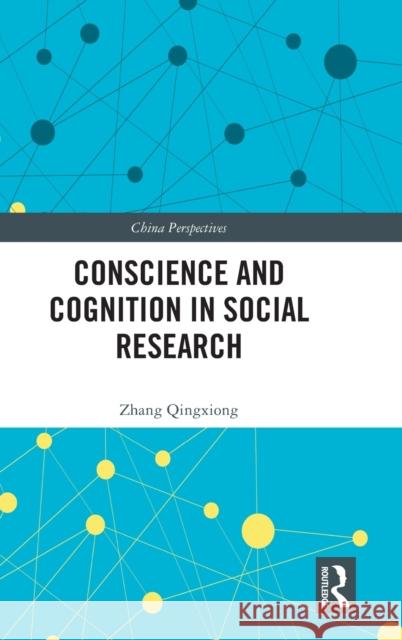Conscience and Cognition in Social Research » książka
Conscience and Cognition in Social Research
ISBN-13: 9781032468563 / Angielski / Twarda / 2023 / 248 str.
This book is a critical examination of the different roles of conscience and cognition in social research in China and the West, exploring how the two traditions can enrich each other and help societies navigate through the complex intellectual and moral crises of our time.
This book is a critical examination of the different roles of conscience and cognition in social research in China and the West, exploring how the two traditions can enrich each other and help societies navigate through the complex intellectual and moral crises of our time.
Drawing on a rich array of primary and secondary sources, this title traces the development of the Confucian conception of conscience, from Confucius and Mencius to Xiong Shili and Mou Zongsan, two representatives of Neo-Confucianism. This primacy of a moral sense is compared and contrasted with the tension within the Western culture between strains that place a premium on understanding and a deep commitment to the search for meaning in such philosophers as Habermas and Heidegger. The author explicates why such a commitment is essential to social research and how the focus on instrumental rationality that has defined modernity may be corrected by recentering the role of conscience on intellectual inquiry in general. To that end, both Chinese and Western cultures have plenty to offer both in terms of substantive insights and research methodologies.
The book will be a crucial reference for scholars and students interested in Western philosophy, comparative philosophy and Chinese philosophy.











